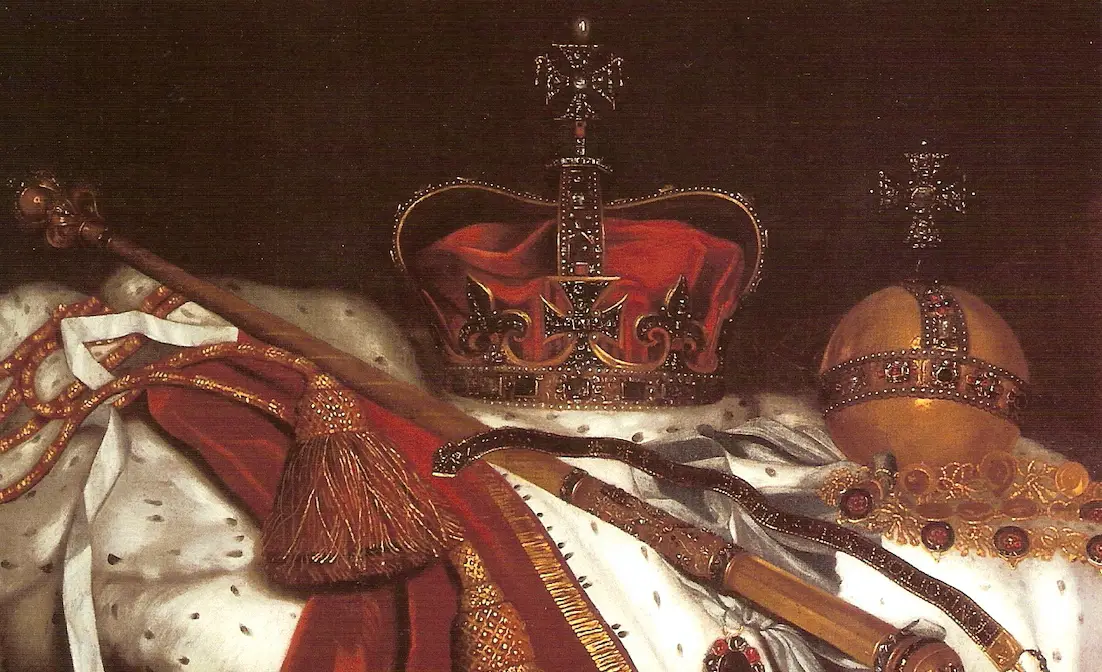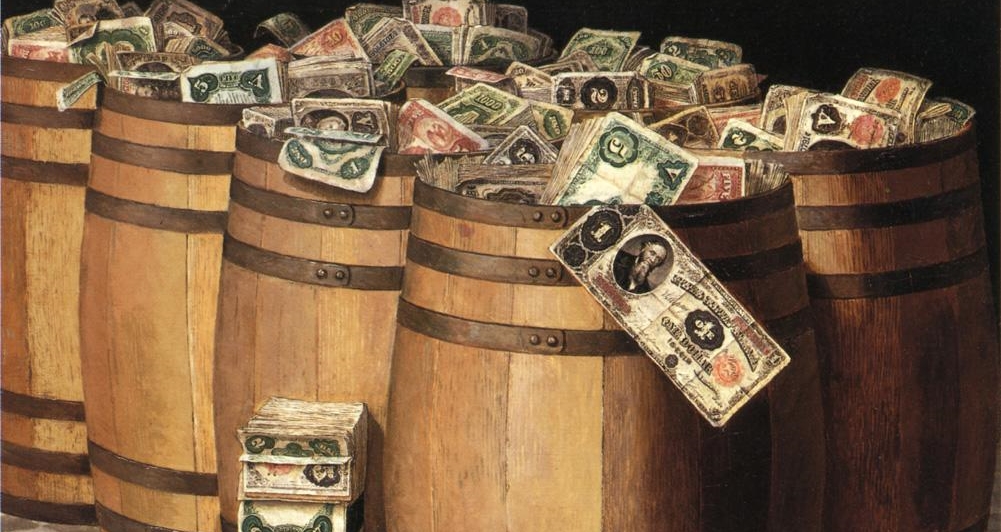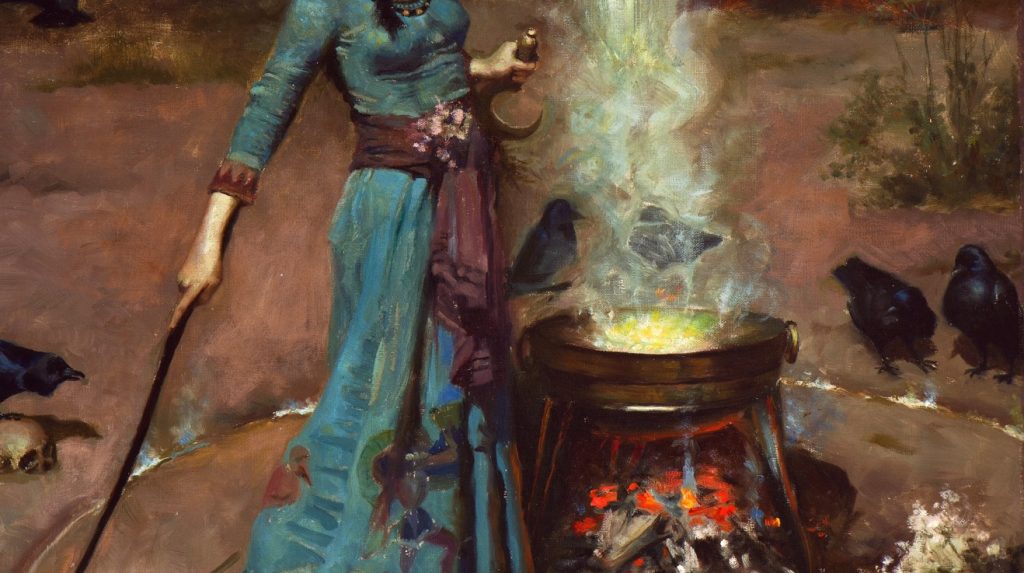
Banish Magic from Politics
Magic had influenced humankind since time immemorial until the age of reason started to disenchant the world. Unfortunately, magical practices still affect our lives. Thanks to the warped politics in some corners of the modern world, such as some far-right movements and the Kremlin under Vladimir Putin, magic is still leaving a sorry and unwelcome footprint on politics today.




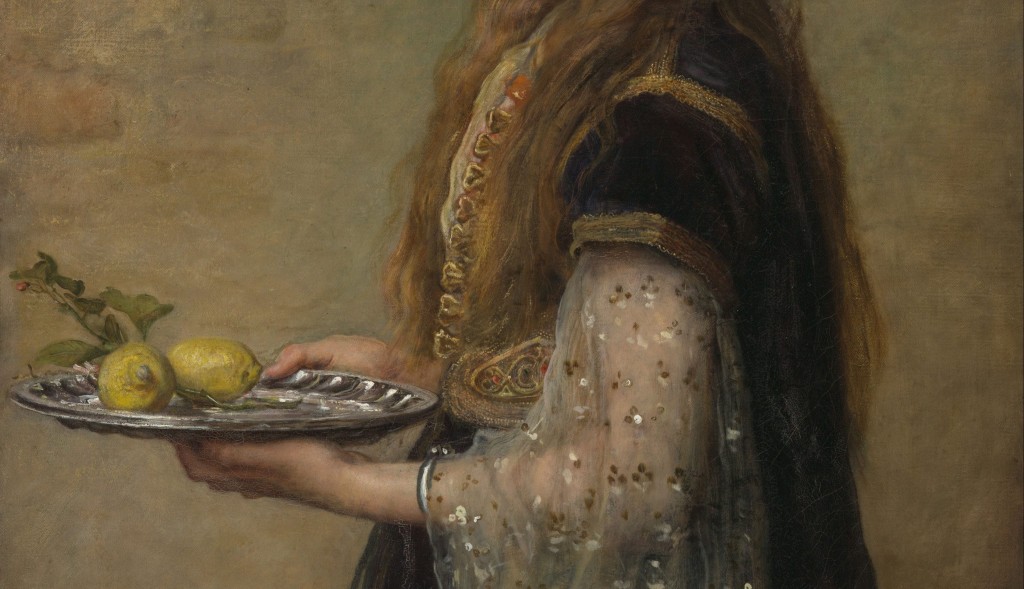
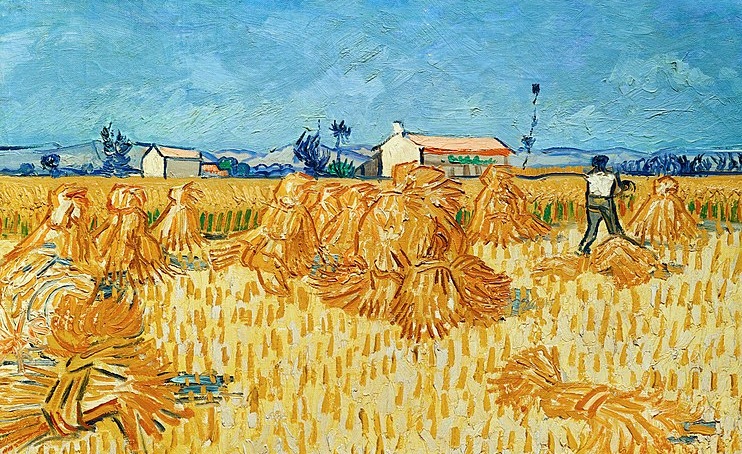
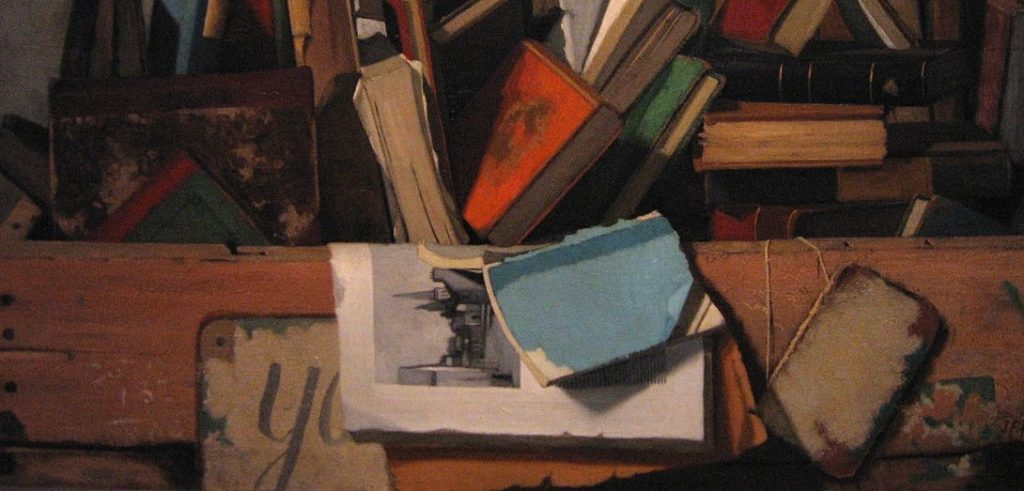
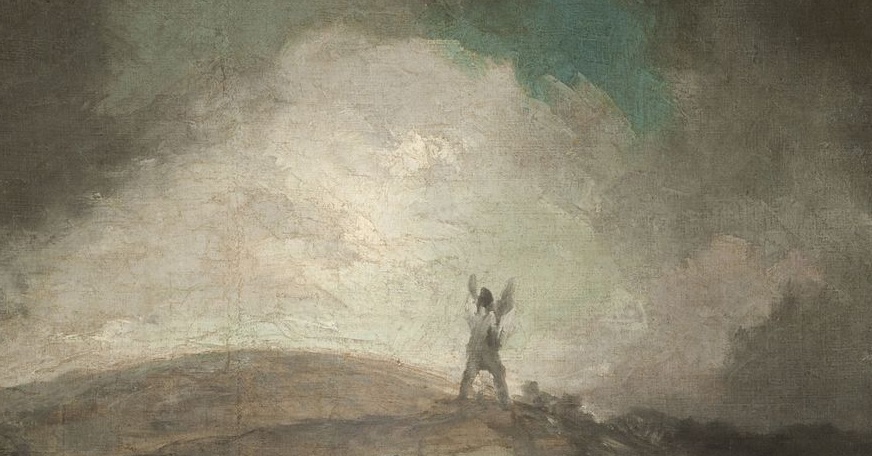
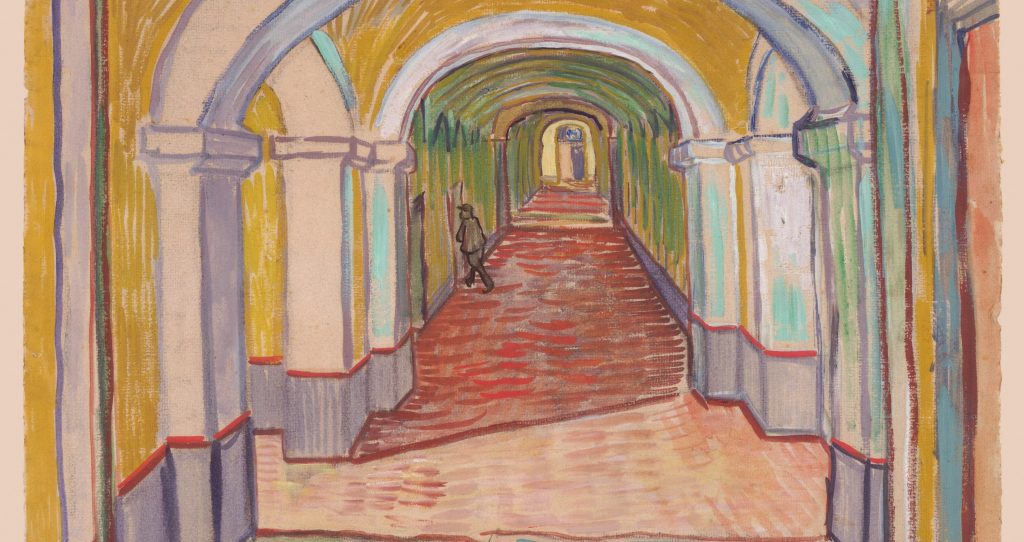
![REVIEW #20: Past, Present, and Future [AFTERWORD] REVIEW #20: Past, Present, and Future [AFTERWORD]](http://4liberty.eu/phidroav/2025/02/REVIEW-20-768x1024.jpg)
